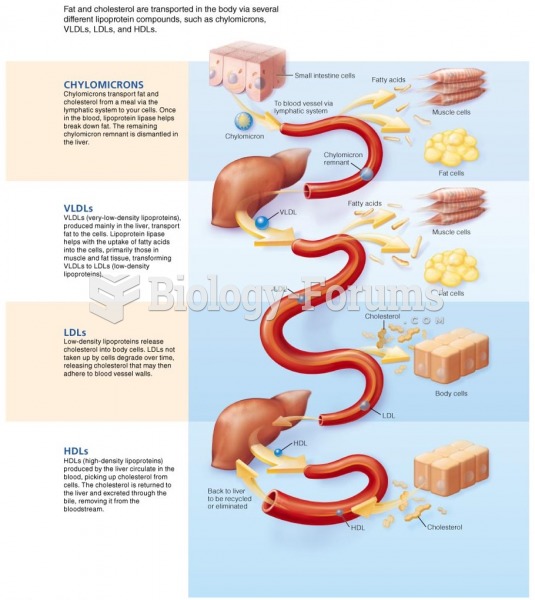Answer to Question 1
Answer: 4
Explanation: The Psychiatric-Mental Health Nursing Standards of Practice delineates psychiatric-mental health nursing roles and functions and serves as guidelines for providing quality care. The Diagnostic and Statistical Manual of Mental Disorders is used by the mental health care team, particularly the psychiatrist, to diagnose clients with mental disorders and is not specific to nursing care issues. The Code of Ethics helps to clarify right and wrong actions by the nurse but does not clarify roles and nursing care actions. Certification requirements outline steps toward certification that acknowledge knowledge and expertise, but they do not delineate roles and responsibilities.
Answer to Question 2
Answer: 1, 3, 5
Explanation: Stress management strategies address health, wellness, and care of mental health problems and are appropriate for psychiatric-mental health nursing at the generalist level of practice. Parenting classes for new parents provide teaching that is consistent with the prevention of mental health problems and is consistent with psychiatric-mental health nursing at the generalist level of practice. Family and group psychotherapy is consistent at the advanced practice registered nurse level but not the generalist level. Medication teaching for anti-anxiety medications promotes quality of care for individuals with psychiatric disorders and is vital for psychiatric-mental health nursing practice at the generalist level of practice. Early diagnosis of psychiatric disorders is generally not consistent with the definition or practice of psychiatric-mental health nursing, especially at the generalist level.







